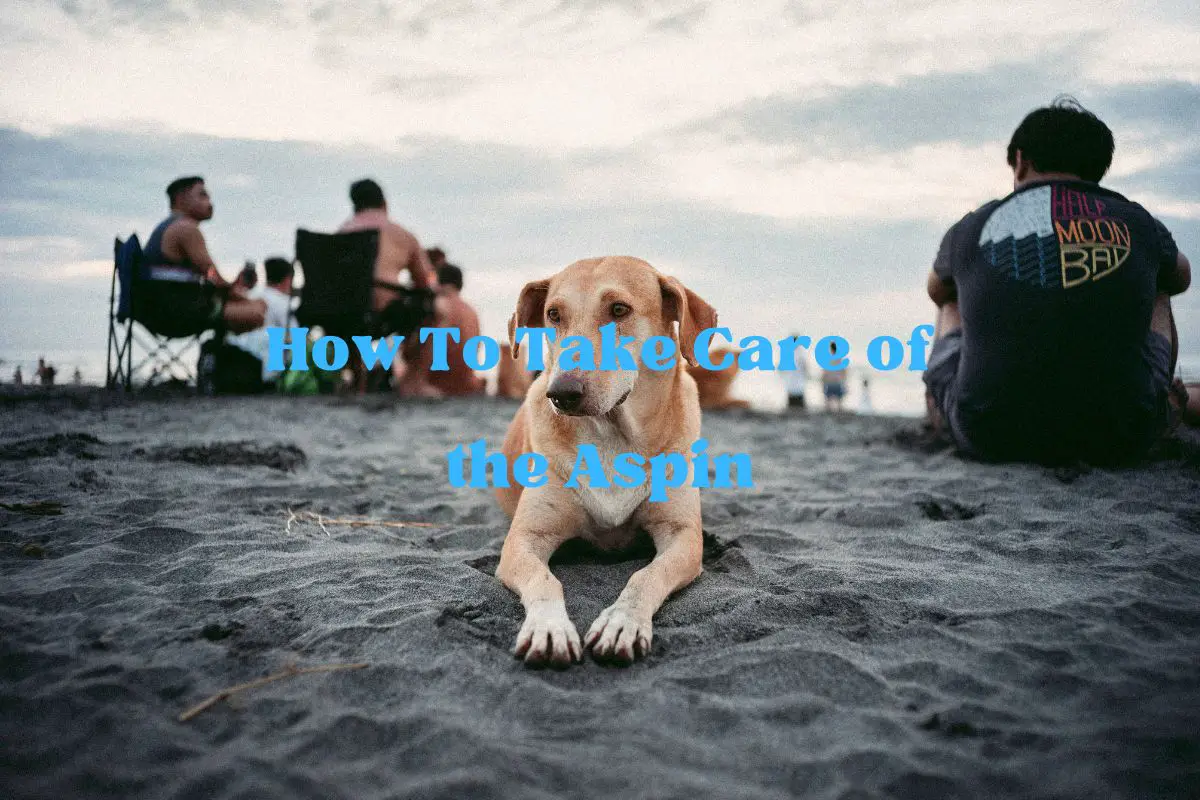The Aspin, short for “Asong Pinoy” or “Filipino Dog,” is not a specific breed but rather a term used for mixed-breed dogs in the Philippines. These dogs are known for their resilience, loyalty, and adaptability. Taking care of an Aspin means providing for its physical, emotional, and health needs just like any other dog breed.
Read our guide: Best Aspin Dog Food
Nutrition and Diet
FACT: Aspins do not have specific dietary requirements because of their mixed-breed genetics. However, they need balanced nutrition.
- Quality Food: Feed your Aspin high-quality dog food that meets the AAFCO (Association of American Feed Control Officials) standards.
- Proper Portions: Avoid overfeeding. Maintain a feeding schedule, and adjust portions based on your dog’s age, size, and activity level.
- Fresh Water: Always provide access to clean, fresh water.
Shelter and Comfort
FACT: Aspins were historically kept as watchdogs and were often outdoor dogs, but they thrive on human companionship and are happiest when part of the family.
- Bedding: Provide a comfortable bed or kennel where your Aspin can sleep and feel secure.
- Protection from Elements: Ensure that the dog has a shaded place during hot weather and a warm, dry space when it’s cooler.
Exercise and Stimulation
FACT: Aspins are active and intelligent dogs, so they require regular exercise and mental stimulation to stay healthy and content.
- Daily Exercise: Walk your Aspin daily and provide opportunities for free play in a safe, enclosed area.
- Toys and Puzzles: Engage their minds with puzzle toys and interactive games.
Grooming
FACT: An Aspin’s grooming needs may vary depending on its coat type, but all dogs benefit from regular grooming.
- Brushing: Brush your Aspin several times a week to keep its coat clean and reduce shedding.
- Bathing: Bathe your Aspin only when necessary (if the dog is smelly or dirty) to avoid drying out the skin.
Health and Veterinary Care
FACT: Aspins are generally hardy but getting regular veterinary check-ups can prevent and detect health issues early.
- Vaccinations: Keep up-to-date with vaccinations and parasite control as recommended by your vet.
- Spaying/Neutering: Consider spaying or neutering your Aspin not only to prevent unwanted litters but also to reduce health risks.

Socialization and Training
FACT: Aspins are known for their friendly nature but benefit from early socialization and consistent training to prevent behavioral problems.
- Socialization: Expose your Aspin to different people, pets, and environments to encourage well-rounded behavior.
- Training: Use positive reinforcement methods to train your Aspin. Basic obedience training is essential.
Emotional Well-being
FACT: Aspins, like all dogs, are social creatures and require love, attention, and a sense of belonging.
- Quality Time: Spend time each day playing with, petting, and talking to your Aspin.
- Secure Environment: Create an environment where your Aspin feels safe and secure.
Responsible Ownership
FACT: Being a responsible dog owner involves ensuring your pet is well-taken care of, but also that it behaves well in the community.
- Identification: Microchip your Aspin or ensure it wears a collar with ID tags.
- Obeying Laws: Follow local pet ownership laws, including leash laws and waste cleanup.
Conclusion
Caring for an Aspin dog requires a heartfelt commitment to meeting its physical and emotional needs. Their adaptable nature and mixed heritage don’t necessitate special care routines different from any other breed, but they deserve the same amount of care, protection, and love. By providing a healthy diet, regular exercise, proper medical care, and a nurturing environment, you will ensure that your Aspin lives a happy and fulfilling life. Remember that despite their humble backgrounds, Aspins can be as loving, intelligent, and loyal as any purebred, and they make wonderful lifelong companions when given the chance to thrive.

